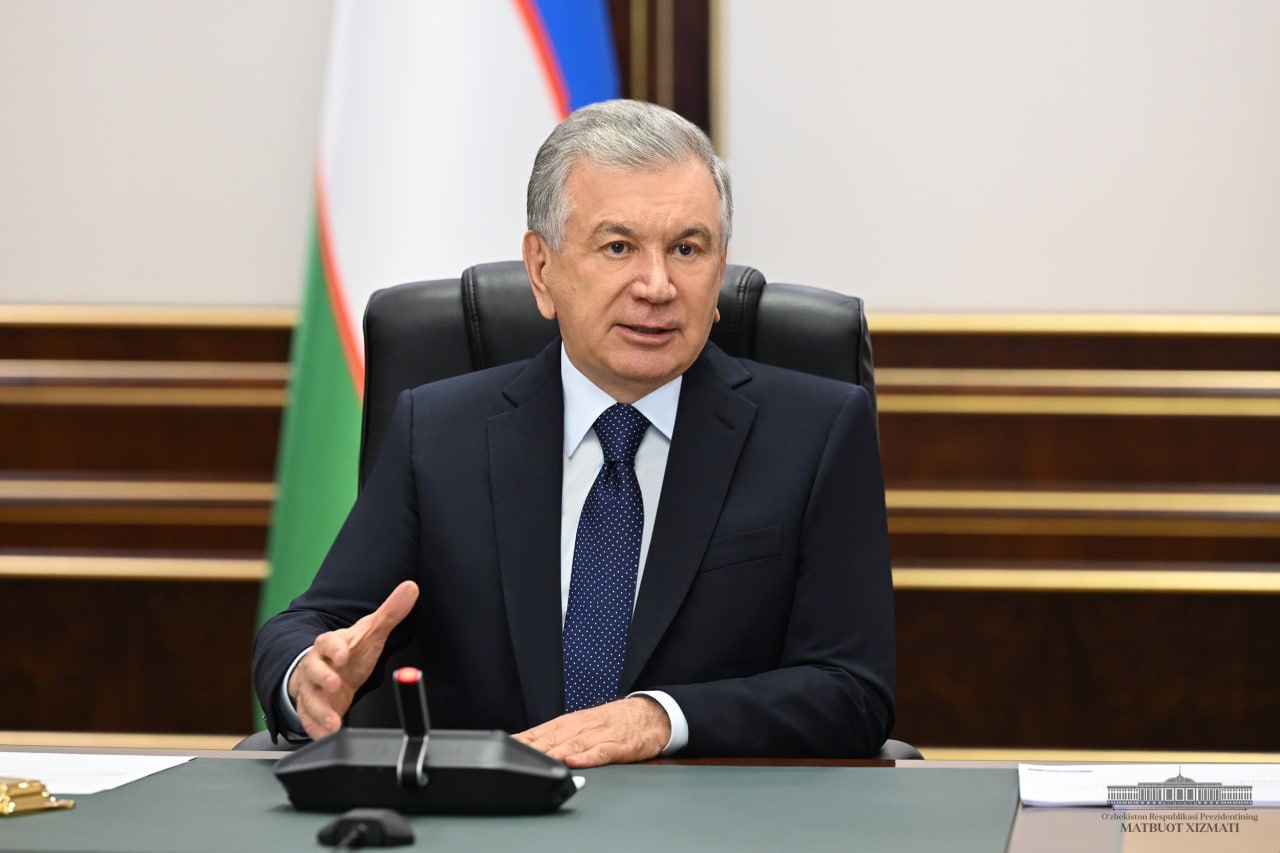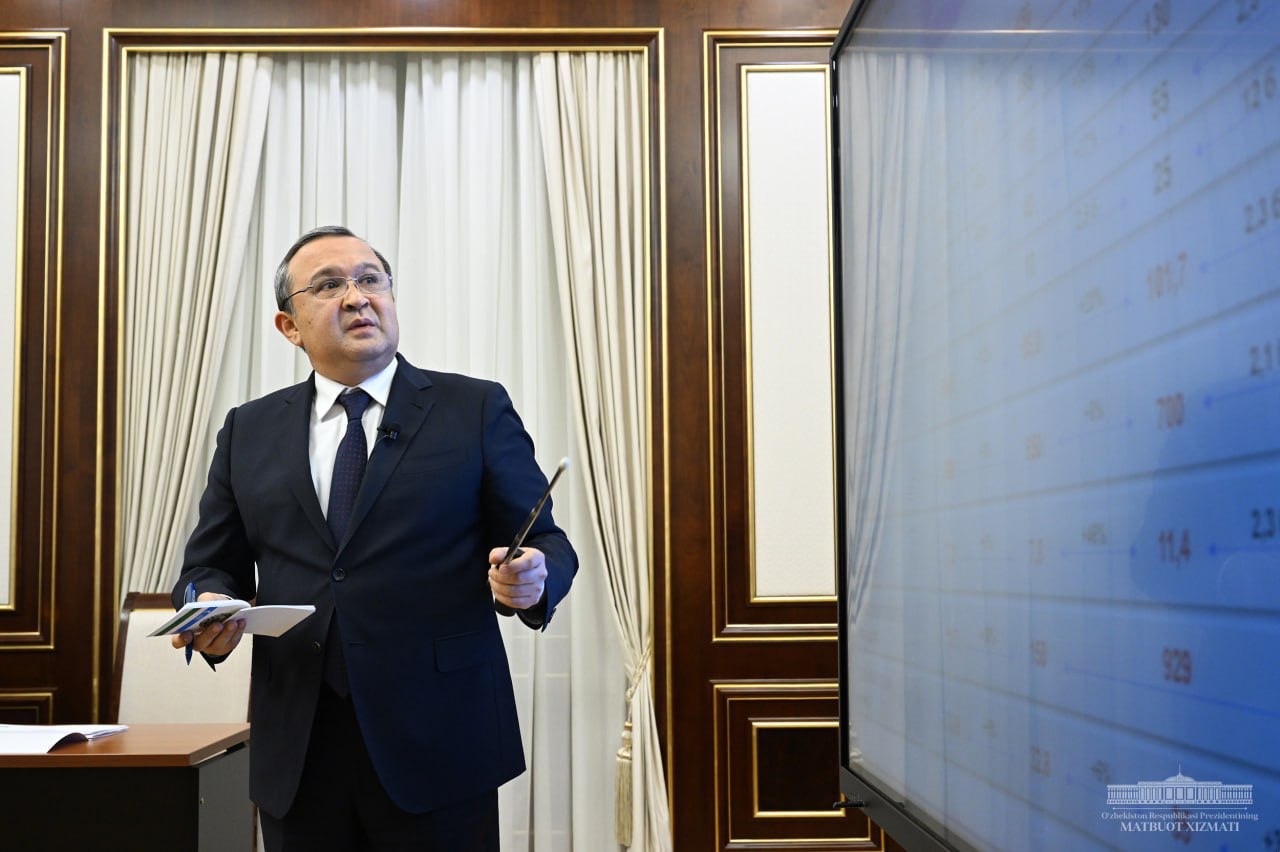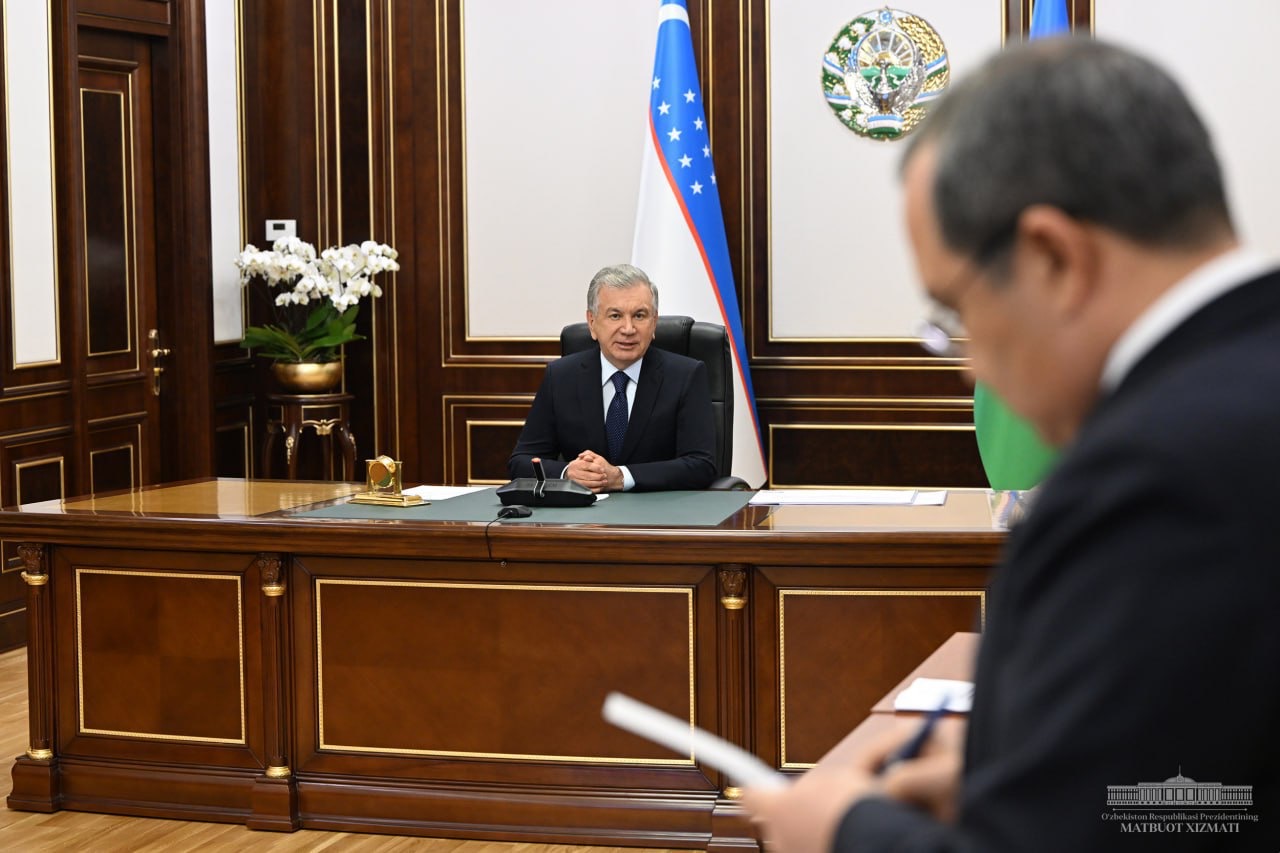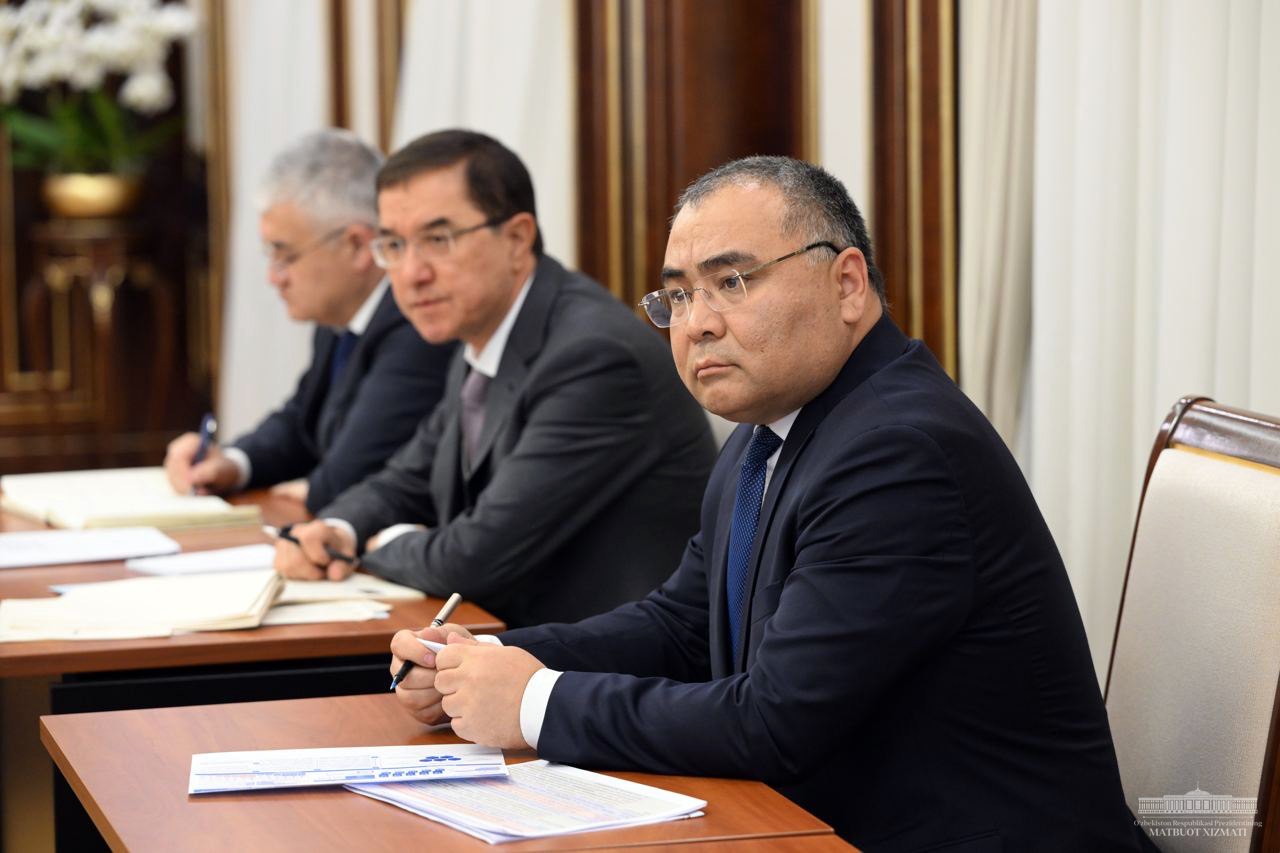In a bid to further propel the growth of the automotive and agricultural machinery industries, President Shavkat Mirziyoyev of Uzbekistan recently perused a comprehensive presentation outlining key proposals for development in these crucial sectors, the president’s press service reported.

The nation has witnessed a substantial boost in its automotive industry, with a threefold increase in car production in recent years. The sector is poised to hit an impressive 415,000 units by the end of 2023, a remarkable feat driven by economic reforms and strategic interventions. To foster healthy competition and eliminate the state monopoly, three new private enterprises, along with prestigious foreign brands, have been integrated into the industry landscape. Presently, a diverse array of vehicles, including cars, cargo and passenger vehicles, agricultural, and special equipment, are being manufactured across eight factories in the country.

Over 2,000 enterprises have joined the integrated cooperation network, ensuring 50% localization, marking a significant stride in creating a robust and self-sufficient industry.
However, with the market demand still soaring, there is a renewed focus on expanding the product portfolio, enhancing quality, reducing costs, and fostering a competitive environment. These initiatives were underscored during the presentation and discussed as essential steps for the future.

President Shavkat Mirziyoyev outlined ambitious goals during the meeting, targeting the production of 1 mn passenger cars in Uzbekistan by 2030. Specific tasks for 2024 were delineated to achieve this target.
In acknowledgment of the global shift toward electric vehicles (EVs), the president stressed the urgency of aligning with this trend. Initiatives have been launched, and a new factory is set to commence operations next year, aiming to produce 10,000 electric cars. Notably, the president emphasized the imperative of producing components for electric cars within the existing network of enterprises.

In the agricultural machinery sector, President Mirziyoyev highlighted the substantial growth achieved this year, with over 3,500 units produced. An ambitious target of 16,000 units annually by 2030 has been set. The recent establishment of an agricultural machinery cluster in Chirchik, with an annual production capacity of 15,000 units, was acknowledged. However, concerns were raised about the inadequacy of the sales system, prompting the need for reforms.
To address this, there are plans to bolster support for local equipment purchases, engage clusters and farmers, and streamline orders. Additional measures were outlined, including the goal of achieving a 35% localization rate for national tractors and an average of 60% for suspension equipment and trailers.
Follow Daryo's official Instagram and Twitter pages to keep current on world news.
Comments (0)